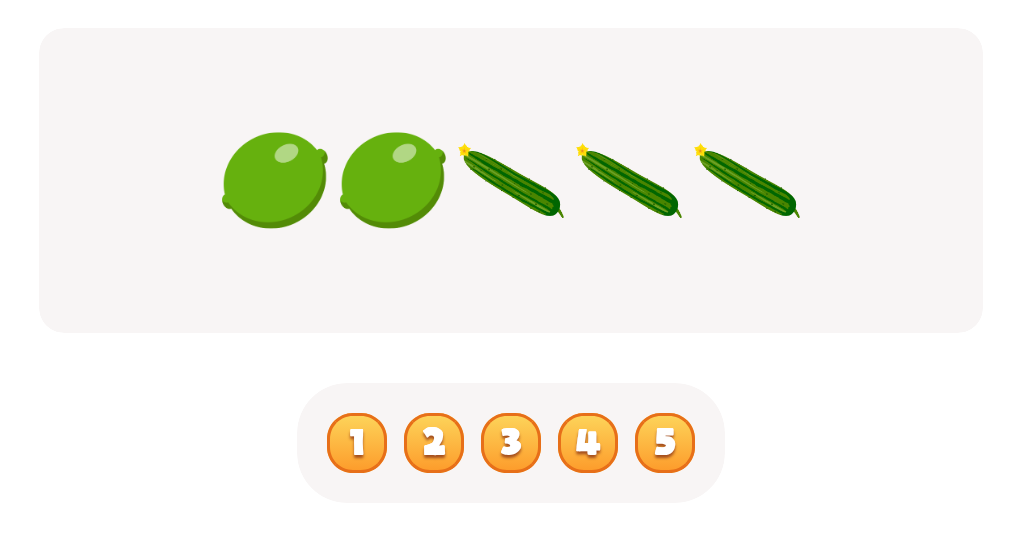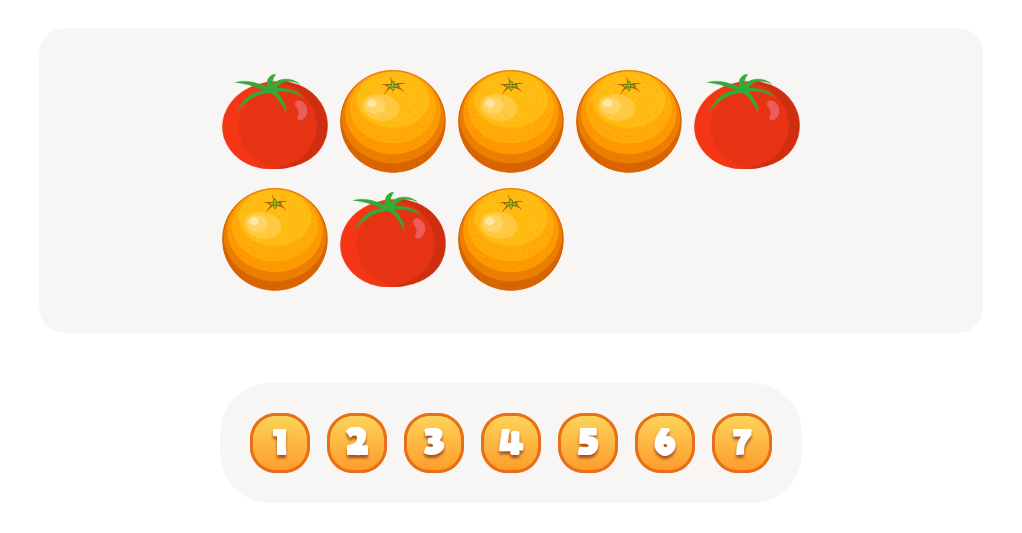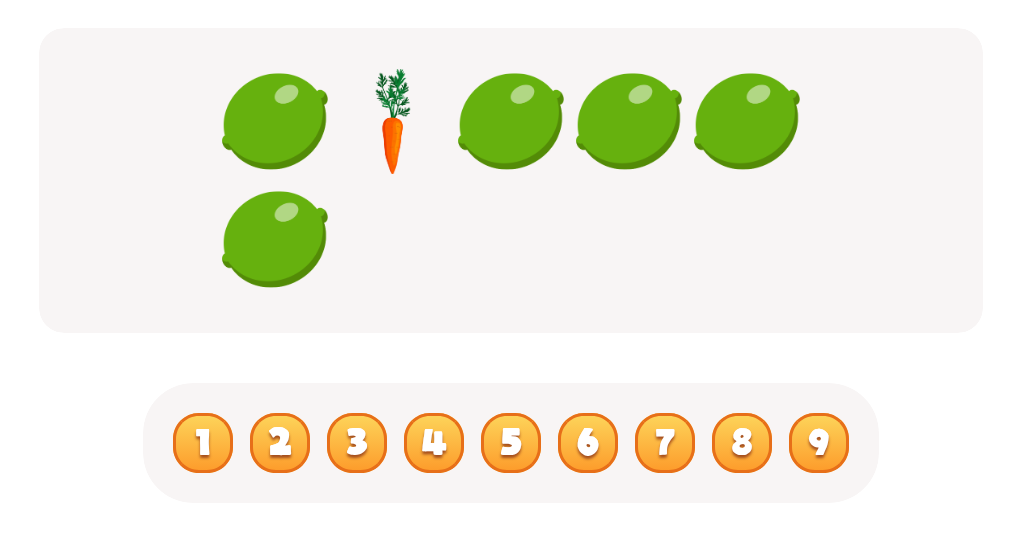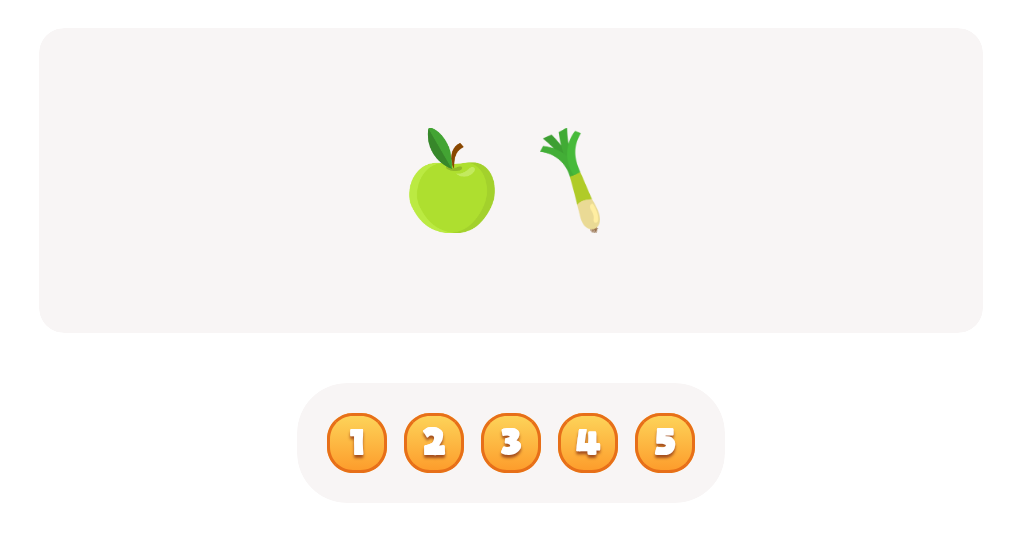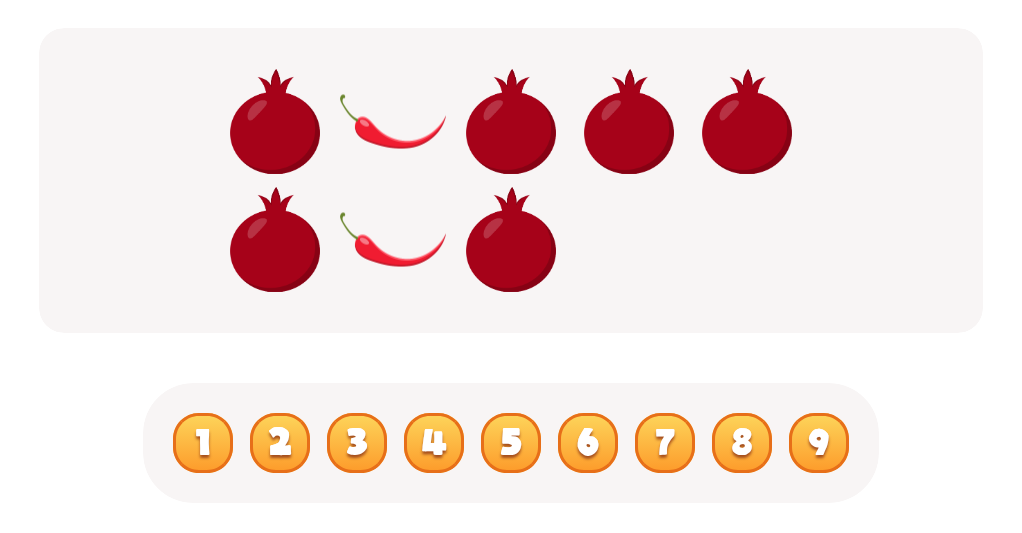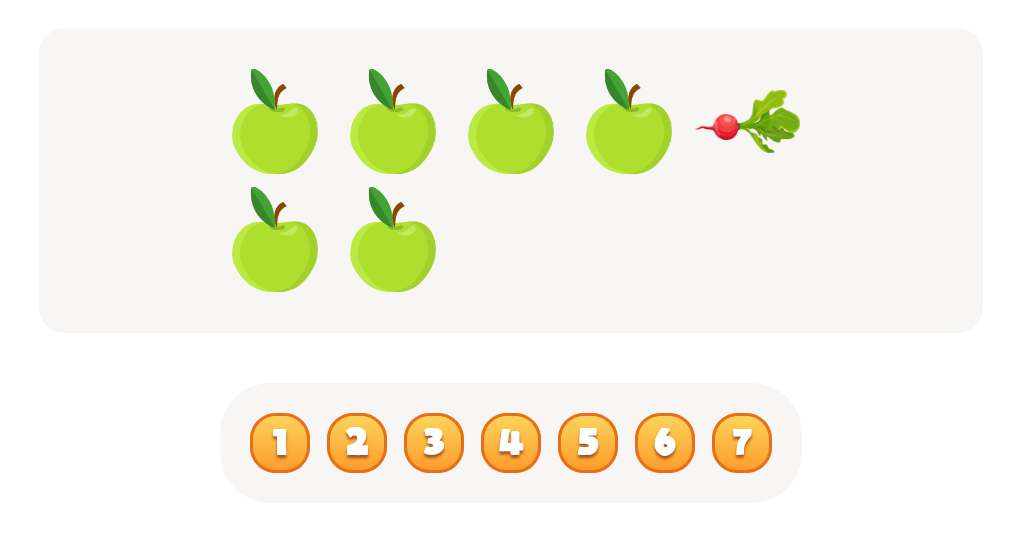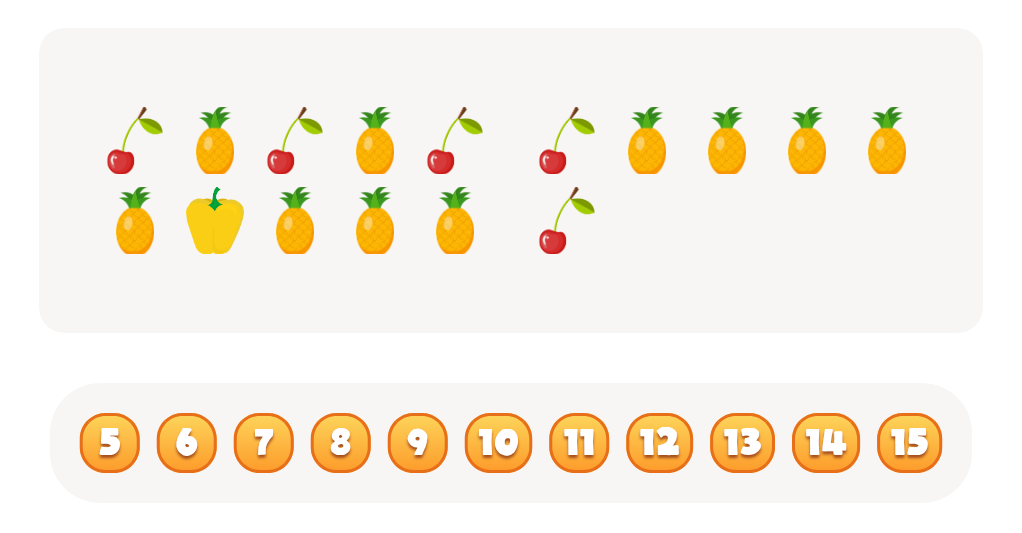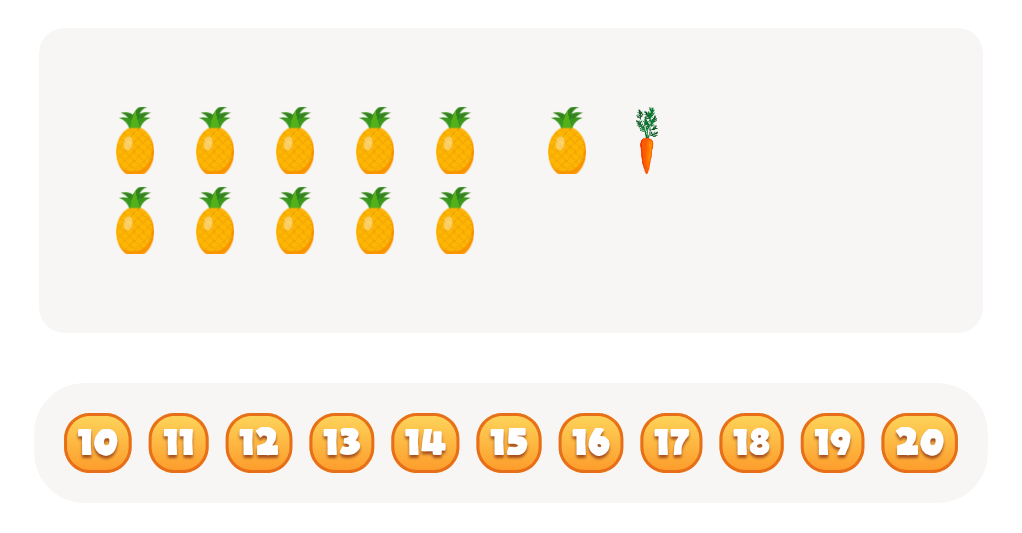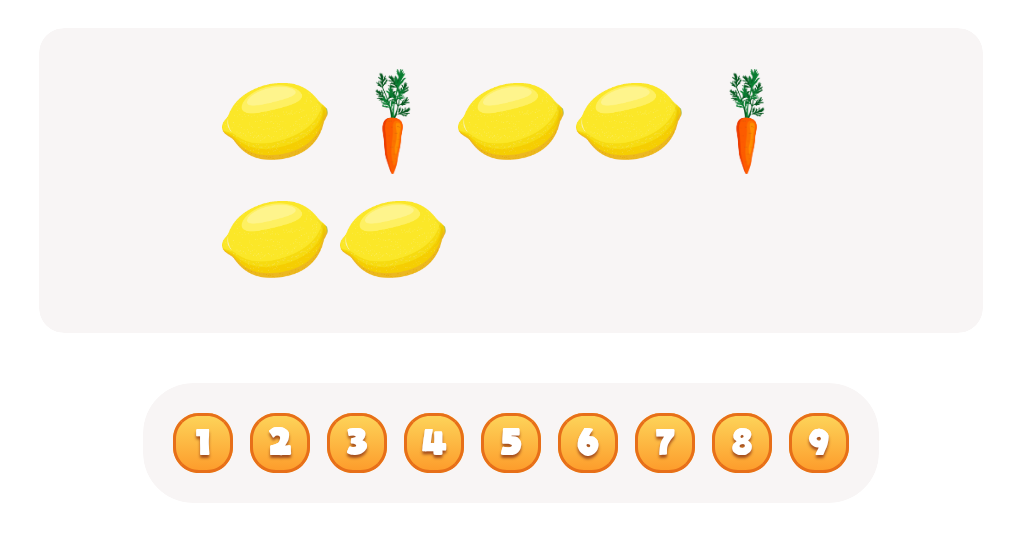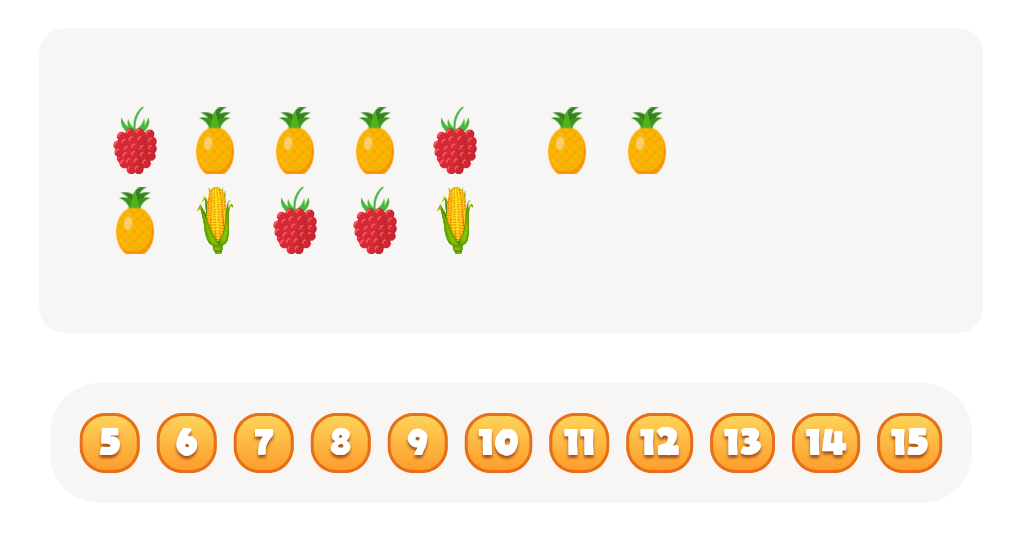Learning about ecosystems Plants and Animals Worksheets for Ages 7-9
4 filtered results
-
From - To
Explore the fascinating world of ecosystems with our engaging "Learning About Ecosystems: Plants and Animals Worksheets for Ages 7-9." Designed to captivate young minds, these printable worksheets offer a hands-on approach to understanding how plants and animals interact within their habitats. Through fun activities, your child will learn essential ecological concepts, such as food chains, habitats, and the importance of biodiversity. Our worksheets encourage critical thinking, creativity, and collaboration, making science both educational and enjoyable. Perfect for classroom or home use, these resources aim to inspire future environmental stewards while promoting a love for nature and exploration. Dive into learning today!


Pollinator Positions Worksheet
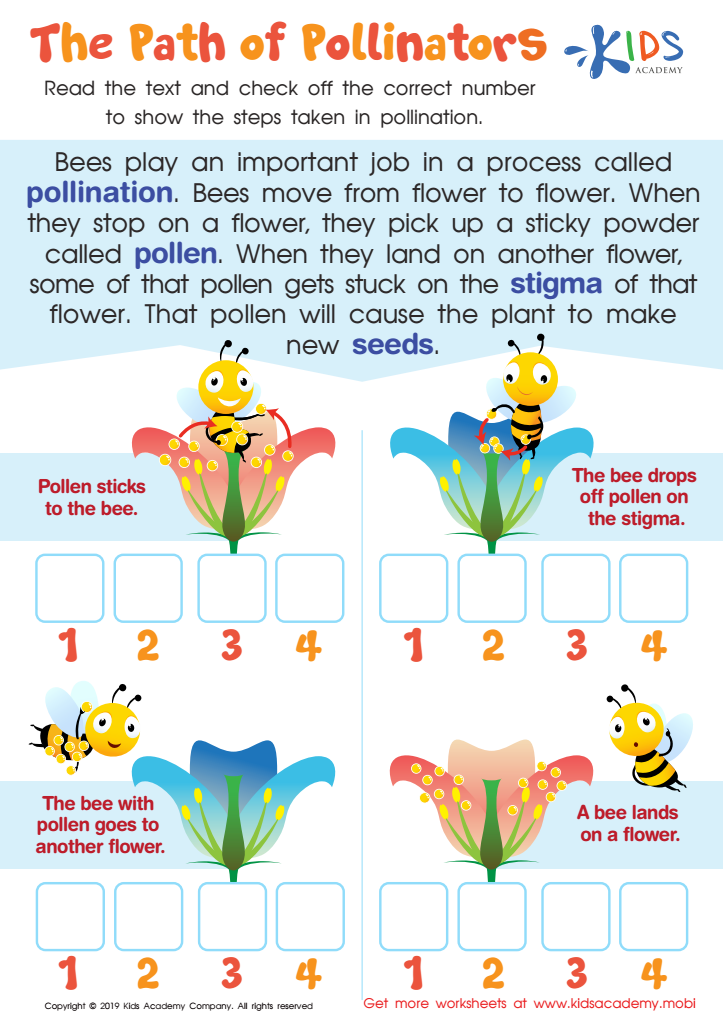

The Path of Pollinators Worksheet
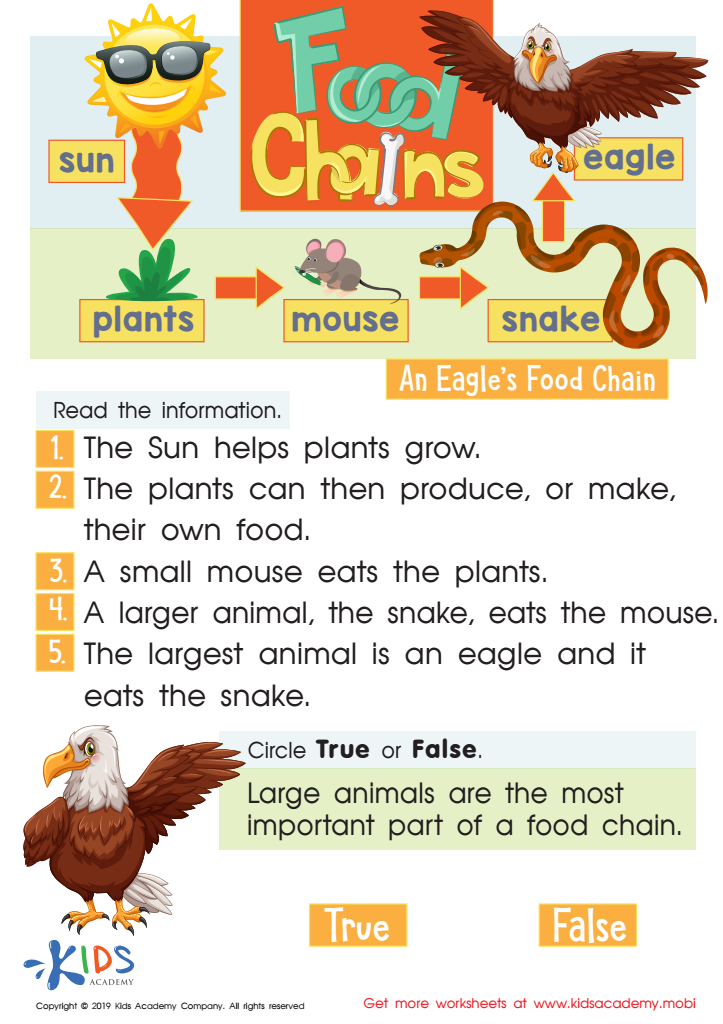

Food Chains Worksheet
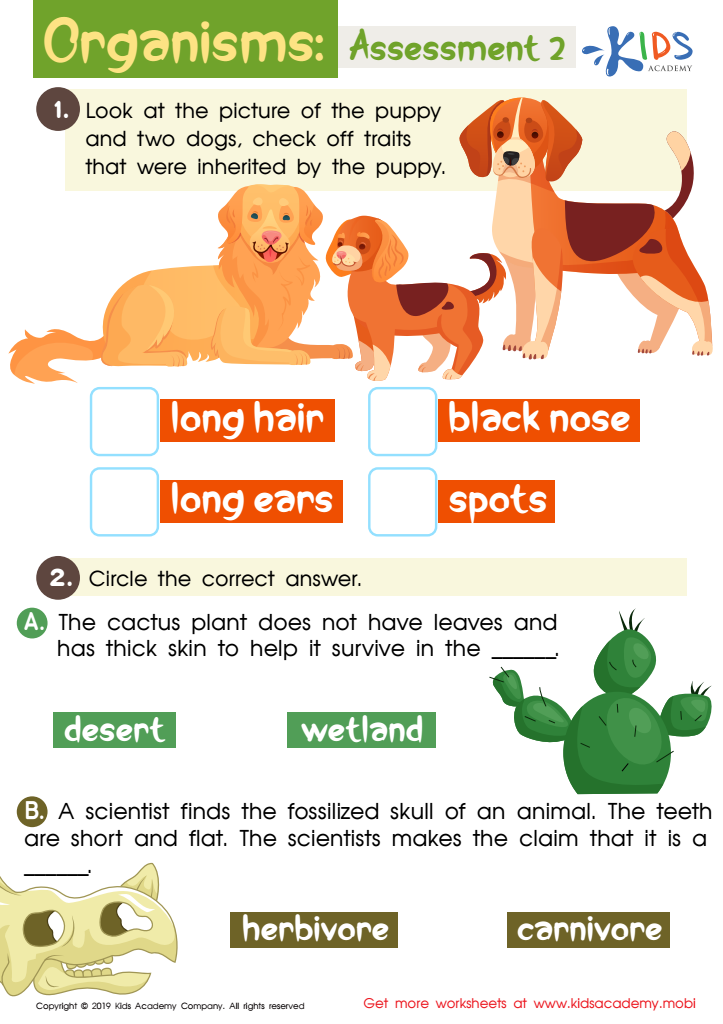

Organisms: Assessment 2 Worksheet
Teaching children aged 7-9 about ecosystems, plants, and animals is vital for several reasons. First, it fosters a sense of curiosity and wonder about the natural world, encouraging them to explore and ask questions. At this energetic age, children are particularly receptive to learning through observation and interaction, making it an ideal time to introduce concepts of biodiversity and environmental stewardship.
Understanding ecosystems introduces children to the interdependence of living organisms and their environments. This helps them comprehend essential concepts like food chains and habitats, promoting critical thinking and problem-solving skills. Additionally, learning about plants and animals enhances their appreciation for nature, fostering empathy and respect for all living things.
Moreover, as global conversations on climate change and sustainability grow, educating young learners about these topics is crucial. Knowledge will empower them to become responsible stewards of the environment, guiding them to take action in their communities.
Engaging children in these topics also encourages outdoor activities, promoting physical health and well-being. Ultimately, a foundational understanding of ecosystems instills lifelong values of curiosity, stewardship, and responsibility, preparing children to confront and mitigate the environmental challenges of their future.
 Assign to My Students
Assign to My Students
